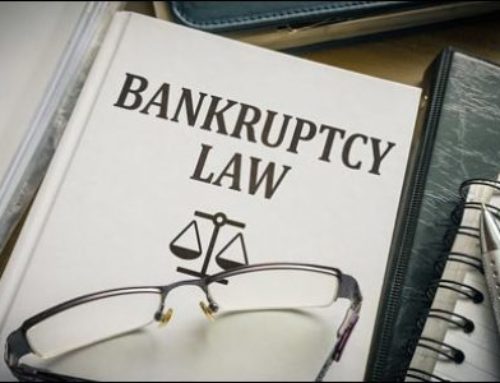Most of our bankruptcy clients are understandably concerned with how their debts are going to be reflected on their credit reports after discharge. After you obtain a discharge of your debts, certain facts about your discharged debts may continue to appear on your credit report.
The Fair Credit Reporting Act requires consumer reporting agencies to maintain an accurate record of your credit information. Creditors who report your information to the consumer reporting agencies are legally obligated to be truthful and accurate. The FCRA dictates the kind of information that they can report, and the length of time that the data can appear on your credit report. If they do not report accurate or truthful credit information about you, you can dispute that information or take other action if you are harmed by their violations.
Your bankruptcy information can be reported for up to ten years. While it may seem like negative information, the reporting of your bankruptcy discharge is at worst a mixed bag.
After all, a bankruptcy discharge can “clean up” debts that used to show up on your credit report as delinquent. This is so because discharged debts can no longer be reported as being unpaid or in a past due status. Moreover, each reported debt should be reflected as having a zero balance or shown as discharged or included in bankruptcy. A debt cannot be listed as currently owed, active, delinquent, charged off or having a balance due. When your discharged debts are reported inaccurately your credit rating could unnecessarily suffer.
In my next post, I will discuss the steps for cleaning up your credit record in the event that debts are inaccurately reported after bankruptcy.









